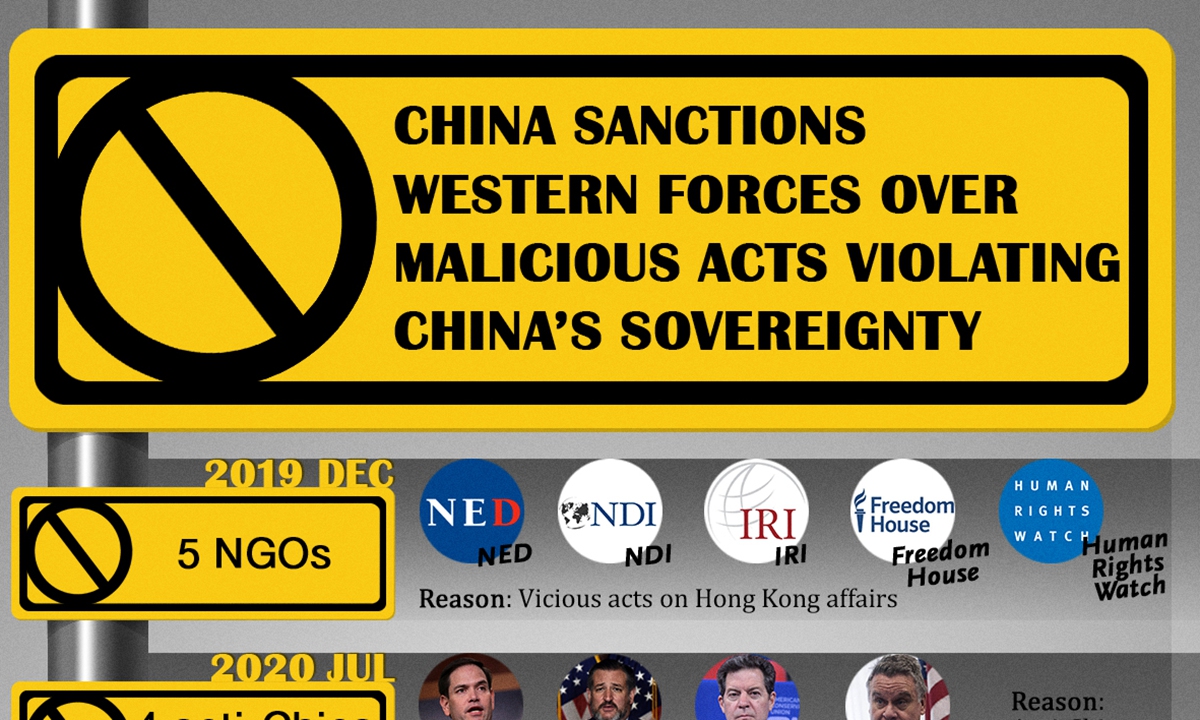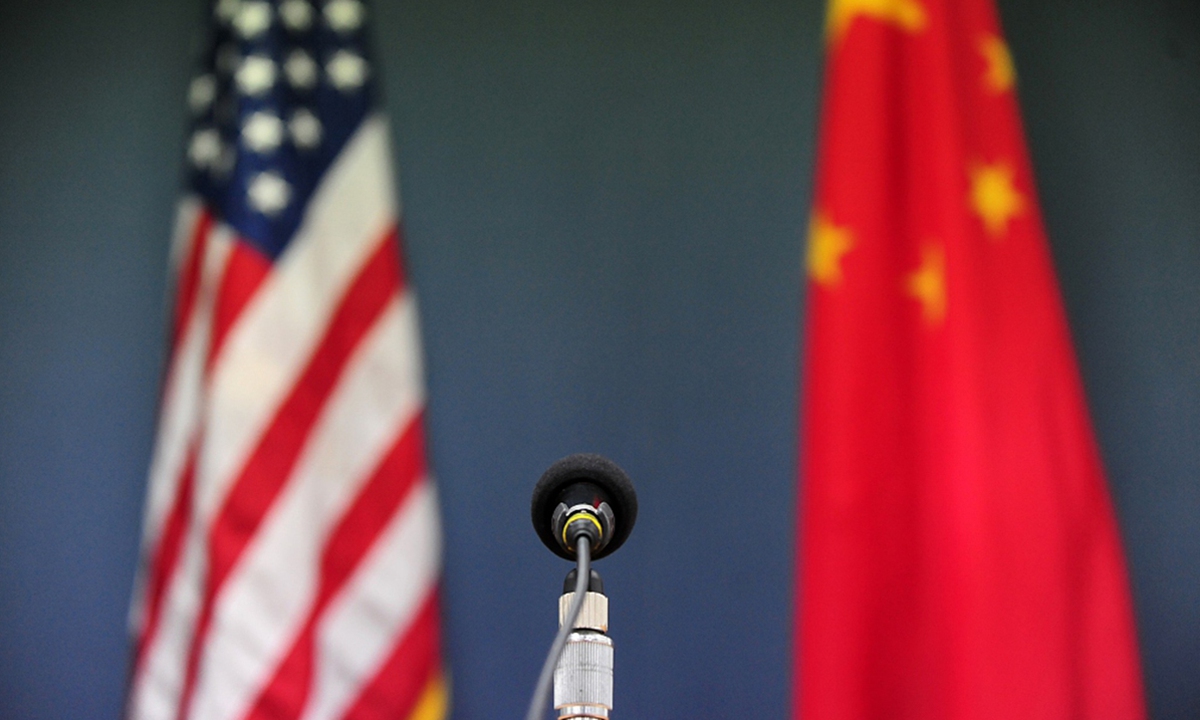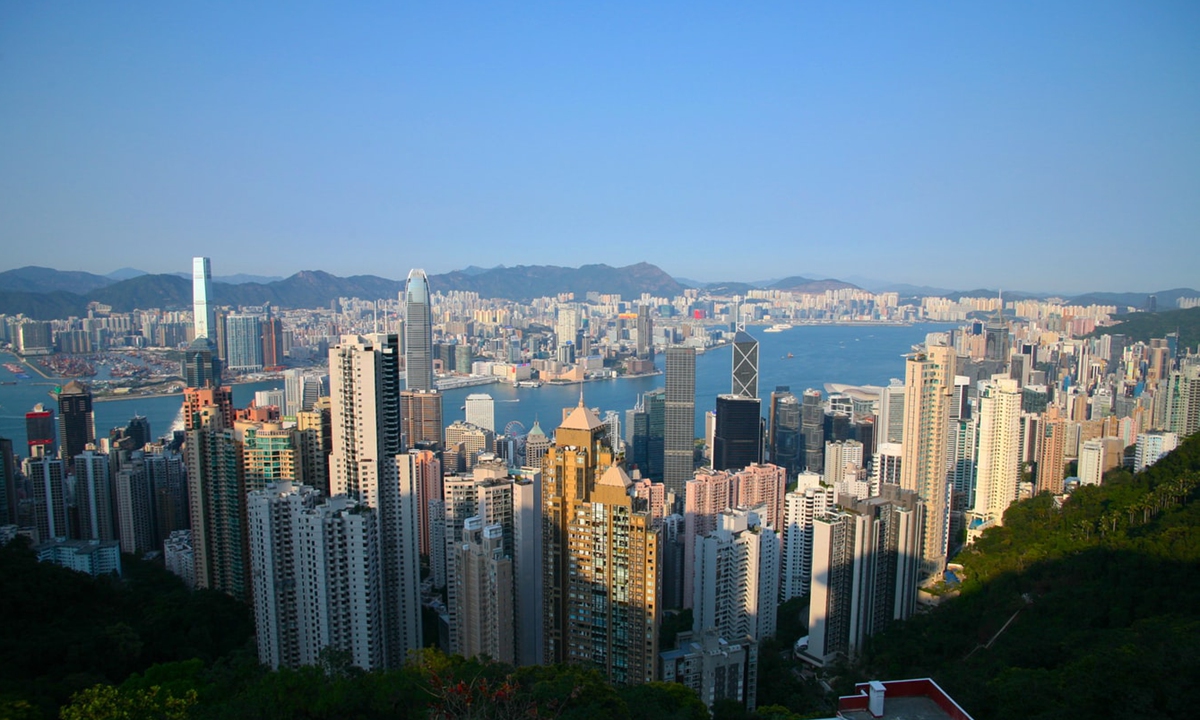
Blinken (far right) speaking at the dialogue as Yang (far left) and China’s State Councillor Wang Yi (second from left) listen.
Chinese diplomats’ face-off with their US counterparts at a recent bilateral meet has won applause from many around the globe.
ALTHOUGH the two-day in-person meeting in Alaska between top Chinese and American officials ended last weekend, the fiery exchanges at its opening session have continued to reverberate and it is now a talking point among Chinese globally.
The strong phrases used by the Chinese diplomats on United States soil against their American counterparts have won applause globally, particularly from Chinese nationals and people of Chinese descent.
To the Chinese who remember history, the great humiliation exacted by the West on China in 1901 was avenged by the opening address of Beijing’s foreign policy chief Yang Jiechi at the Washington-initiated dialogue in Anchorage, Alaska.
Soon after the testy opening on March 18, photos of the Protocol of 1901 reminding readers of the unfair and degrading treaty forced on China began circulating widely on social media.
The treaty was signed on Sept 7,1901, by China’s Qing government after it could no longer muster resistance to invading troops sent by Britain, Germany, the United States, France, Tsarist Russia, Japan, Italy and Austria – the grouping was known as the Eight-Power Allied Forces..
The protocol stipulated that “the Qing government shall pay 450 million taels of silver to the Eight-Power Allied Forces for 39 years”. Together with “reparations” from provincial governments, the total sum of indemnity came to one billion taels of silver, equivalent to China’s revenue over 10 years then, says Chinese history..
According to the Global Talk show on TV station CTI Taiwan, the video of the 16-minute opening address by Yang, director of the Office of the Central Leading Group for Foreign Affairs of China, has attracted “explosive hits” all over the world..
“In the past, no country bullied by the US dared to stand up to the US. This is the first time China told them off bluntly and demanded respect. People who are happy with Yang are not only the Chinese but also people from countries invaded by the US or who are suffering from US sanctions, like Iran..
“From now on, Washington must rethink how it should deal with Beijing. Everybody must watch this outstanding speech by Yang Jiechi, ” said commentator Yong See Kuan on the show early last week..
In another Taiwan talk show with opinion leaders, China was voted winner in this “most interesting diplomatic talk in history” and the United States was the loser in diplomacy and legitimacy..
Chinese nationals feel particularly proud, as it is clear that in this first high-level US-China meeting under President Joe Biden administration, the uncompromising and righteous stance adopted by Yang has cast a long shadow over American supremacy and diplomacy..
What was initially meant to be a several-minute photo shoot ended up lasting over an hour as both sides traded barbs. Members of the media were told not to leave so they could listen to rebuttals..
The expected diplomatic niceties were missing when US Secretary of State Antony Blinken and National Security Advisor Jake Sullivan commenced proceedings with sharp criticisms of China on issues ranging from bilateral relations and human rights to cyber attacks and violation of international rules..
In response to that hostile opening, Yang responded to each allegation blow-by-blow, shooting past the time allocated..
On human rights, Yang reminded the United States about the killing of African-Americans, saying: “We do hope the US will do better on human rights. The challenges facing the US in human rights are deep-seated. They did not just emerge over the past four years with Black Lives Matter.”.
On cyber attacks, he said: “Let me say that whether it’s the ability to launch cyber attacks or the technologies that could be deployed, the US is the champion.”.
On international rules, he said: “I don’t think the overwhelming majority of countries in the world would recognise that the universal values advocated by the US or the opinion of the US could represent international public opinion.... And the rules made by a small number of people would not serve as the basis for the international order.”.
With choice barbs, Yang belittled the Americans..
He shocked all by saying: “The US does not have the qualification to speak to us from a position of strength.”.
He told the United States to “stop interfering in China’s internal politics” on Hong Kong, Xinjiang and Taiwan. On this subject, he added in Mandarin emphatically: “China will not buy (accept) the American way.”.
On democracy, he said: “You have your style of democracy and China has its own style.”.
Other phrases that appeared to hit hard at the United States and its Western allies include: “The US does not represent international opinion, and neither does the Western world.”.
Indeed, the 70-year-old veteran diplomat with tertiary British education has become a Chinese hero for showing the United States – and the world – how confident and assertive China can be after rising to become the world’s second largest economy and global power, with technology and military might..
Yang also reminded the United States that China, now led by President Xi Jinping, is not the China of 100 years ago, after saying China has suffered enough..
One of his most notable Mandarin phrase, “Chinese people will not buy the American way” is now appearing on T-shirts, umbrellas and other merchandise that is selling like hot cakes on the Chinese mainland..
Actually, not many observers had high expectations of this dialogue. Ahead of the meeting, top US officials visited regional allies Japan and South Korea and issued statements hostile towards China..
And just before the Chinese diplomats flew to Alaska, the US State Department announced it would impose sanctions on 24 Chinese officials for their role in “eroding” Hong Kong’s electoral system under a new Beijing law..
The timing of the sanctions and anti-China statements caused China’s Foreign Minister Wang Yi to make this pointed remark: “This is not supposed to be the way one welcomes guests”..
Amidst these hostilities from Washington, many people had thought that Beijing might cancel the talks unilaterally..
But the Chinese went. By attending this face-to-face dialogue amid insults, China showed off its confidence to the world, attracting much attention..
China’s confidence stems from its achievements since it opened up to the world, according to Wang Wen, a professor at the Renmin University of China..
“In the past decade, China has become the world’s largest manufacturing country, the world’s largest goods trading country, and the world’s largest consumer market. In the next five to 10 years, China will most likely surpass the US to become the world’s largest economy, ” he wrote..
Wang sees China-US relations at their worst since diplomatic ties were established..
“After taking office, Biden has made it clear that he views China as the ‘most serious competitor’ to the US. He takes Donald Trump’s legacy as a bargaining chip in a new round of games with China.”.
Noting that the balance of power between the two countries has changed, The New York Times said in a commentary: “China today feels far more assured in its ability to challenge the US and push for its own vision of international cooperation. It is a confidence embraced since 2012 when Xi Jinping became the top leader of China..
“For decades, China approached American governments from positions of weakness. That forced it at times to accede to American demands, however grudgingly, whether it was to release detained human rights advocates or to accept Washington’s conditions for joining the World Trade Organisation.”.
The newspaper added that the Alaska dialogue shows that the Biden administration’s strategy to curb Beijing is facing a stiff challenge..
Martin Jacques, a visiting professor at the Institute of Modern International Relations at Beijing’s Tsinghua University, said the United States cannot accept the “painful fact” that China is now its equal..
In his opinion piece, he wrote: “Yang Jiechi gave a bravura performance. He let his American counterparts have it with both barrels, challenging not just the US position but also its very legitimacy. This is not normally the Chinese manner on such occasions. It is a sign that something has changed..
“There is a new sense of confidence on the part of the Chinese. That they are winning – or can win – the argument. That they are at least the equals of America. That they speak from a position of strength and America from a position of weakness. That history is on their side.”.
According to the scholar, the Americans have hitherto always thought of themselves as running the show: “The shock visible in the body language of Blinken and Sullivan was the realisation that this was no longer the case.”.
Jacques added: “America is in the process of coming to the painful realisation that China is now its equal. However, it cannot bring itself to accept what is already an historical reality.”.
Related:
Chinese FM sanctions US, Canadian individuals and entity as countermeasures against their sanctions over Xinjiang
The Chinese Foreign Ministry announced sanctions against two US individuals, one Canadian politician and entity on Saturday as countermeasures against the two countries' unilateral sanctions on Chinese officials over Xinjiang followed counter-sanctions on the UK and the EU.
Exclusive: US forces 'Xinjiang forced labor' narrative on enterprises, industry agencies
Using the pretext of "forced labor" to pressure and sanction other countries' companies has been an old trick of the ...
US fallacy on Xinjiang cotton a humiliation to humanitarianism
On Friday, the spokespersons of the White House and US Department of Stateraised their voices on Xinjiang cotton. State Department spokeswoman accused the Chinese government of leading a "state-led" social media campaign against foreign companies "for their decision to avoid inputs using Xinjiang cotton because of forced labor." White House press secretary called on the international community to "oppose China's weaponizing of private companies' dependence on its market to stifle free expression and inhibit ethical business practices."
Related posts:
China-US high level strategic dialogue: Chinese diplomats deal vigorous counterblows to condescending US representatives; common ground hard to reach on contrasting logics
中美高层战略对话在即 美不行待客之道 中方严正回应! 20210319 |《今日关注》CCTV中文国际 中国核心利益没有退让余地 中美需避免零和博弈管控分歧 20210320 |《今日关注》CCTV中文国际

.


















